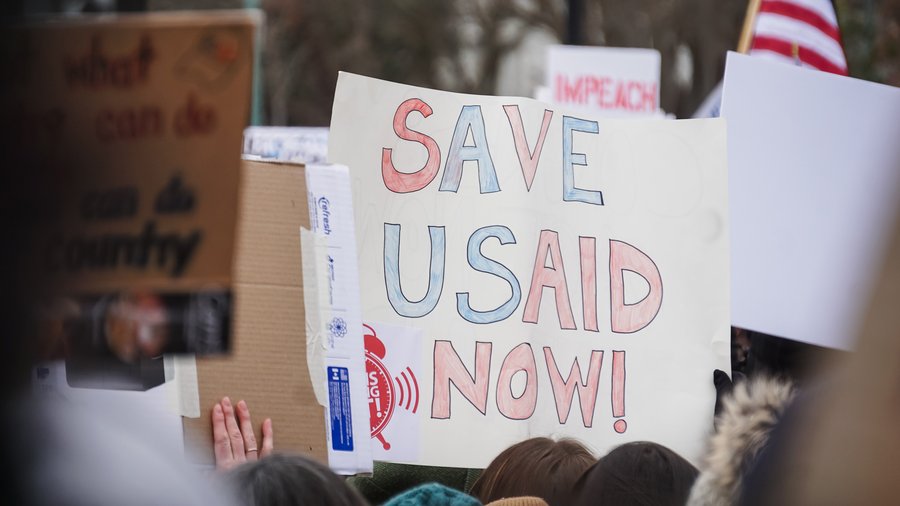This article was written by Salzburg Global Fellow Deborah Cohn, who attended the Salzburg Global American Studies program on “What Next for the U.S.? What Next for America in the World?” in September 2025.
The views expressed here belong to this Fellow individually and should not be taken to represent those of any organizations to which they are affiliated.
When thinking about the U.S.’s position in the global order over the next few years, it helps to think first about what has been destroyed since January 2025, in both specific and general terms, as it is (part of) what will need to be rebuilt to get back to a point of international (and domestic) stability. While there is much to choose from, I focus here on how the attacks on the United States Agency for International Development (USAID) and higher education alike have caused significant damage to the U.S.’s international standing and efforts to promote democracy, while also hurting the nation in other ways.
Personal Background
I want to start by positioning myself in this debate, as my ideas reflect both my areas of research and my personal experience. First, my father was a public health officer with USAID. We lived in Central America, often under dictatorship, in the early 1980s. My father then worked on AIDS prevention for the state of California and was USAID’s first HIV/AIDS officer, serving in Uganda from 1987 to 1991; my mother also entered the State Department during these years. Second, I am trained as a Latin Americanist and frequently teach about dictatorship and democracy. Also, my current research focuses on the history of modern language education in the U.S. and how it was affected by the Cold War, as well as how academics, universities, philanthropies, and the U.S. State Department collaborated on cultural diplomacy initiatives in the 1950s and 1960s that sought to showcase U.S. strengths - and, by extension, democracy - abroad.
Consequences of Reduced USAID
I am, as a rule, critical of how the U.S. has exercised its power internationally, given its history of interventionism (e.g., coups, sponsorship of right-wing dictatorships, etc.). At the same time, I recognize how valuable soft power can be and how it can protect U.S. interests. USAID, for example, not only worked to promote democracy, it saved lives directly through many of its programs - some of which, in turn, protected lives in the U.S. by preventing the spread of disease across borders and, additionally, by tempering anti-Americanism and fostering good will. The cruel and sudden stoppage of USAID’s work has not only left people to die, it is creating additional anti-Americanism and pushing other countries into the arms of China and Russia. In other words, this has itself created additional dangers to national security. The U.S. will have a long way to go towards rebuilding its relationships with


